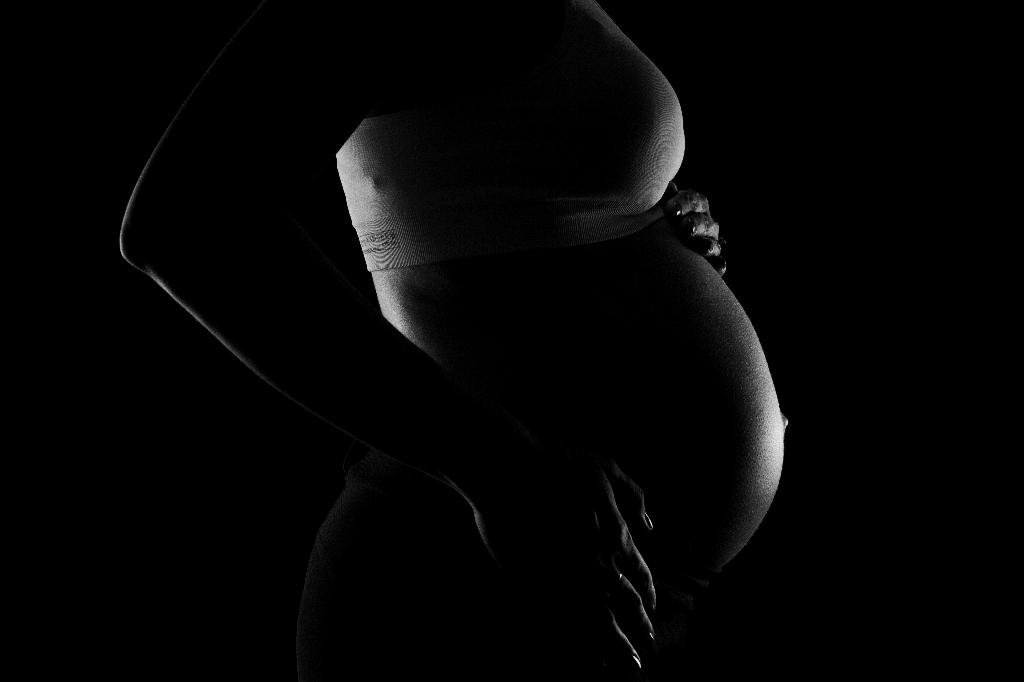When it comes to the connection between pregnancy and kidney stones, it’s essential to delve into the intricate ways in which hormonal shifts during pregnancy can significantly impact the formation and exacerbation of kidney stones. The hormonal changes in pregnant individuals can indeed make it more challenging for the body to efficiently clear urine, paving the way for potential complications with kidney stone development.
Hormonal Influence on Kidney Stone Formation
One of the key hormones at play in pregnancy is progesterone. This hormone plays a crucial role in maintaining the pregnancy, but it also has an impact on the urinary system. Elevated levels of progesterone during pregnancy can lead to a condition known as urinary stasis, where there is a slowing or halting of urine flow. This stagnant urine provides an ideal environment for the crystallization of stone-forming compounds, increasing the risk of kidney stone formation.
Increased Susceptibility to Kidney Stones During Pregnancy
Due to the hormonal fluctuations and changes in the urinary system during pregnancy, individuals are more susceptible to developing kidney stones during this period. The combination of hormonal influences and physiological changes creates an environment that is conducive to the formation and worsening of kidney stones.
Challenges in Diagnosing Kidney Stones During Pregnancy
Diagnosing kidney stones during pregnancy can pose challenges due to the limitations on certain diagnostic imaging techniques that are deemed safe for pregnant individuals. Healthcare providers must consider the well-being of both the pregnant person and the developing fetus when determining the appropriate diagnostic approach for kidney stones.
Managing Kidney Stones During Pregnancy
Managing kidney stones during pregnancy requires a comprehensive approach that considers the unique needs and considerations of pregnant individuals. Treatment options may include hydration, pain management strategies that are safe for pregnancy, and in some cases, procedures to address larger stones that pose a risk to both the individual and the pregnancy.
Preventive Measures and Lifestyle Changes
Preventive measures and lifestyle changes are essential in reducing the risk of kidney stones during pregnancy. Staying well-hydrated, following a balanced diet, and working closely with healthcare providers to monitor and manage any underlying conditions can significantly lower the likelihood of kidney stone development.
Importance of Regular Prenatal CareRegular prenatal care plays a crucial role in identifying and addressing any potential complications, including kidney stones, that may arise during pregnancy. Working closely with healthcare providers allows for timely interventions and appropriate management strategies to safeguard the health and well-being of both the pregnant person and the developing fetus.
Consulting Healthcare Providers for Guidance
For pregnant individuals who may be concerned about the impact of kidney stones on their pregnancy, seeking guidance and support from healthcare providers is paramount. Open communication with healthcare professionals can ensure that any issues related to kidney stones are addressed promptly and effectively.
Support and Education for Pregnant Individuals
Providing support and education for pregnant individuals regarding the relationship between pregnancy and kidney stones is essential in promoting awareness and proactive management. Empowering pregnant individuals with knowledge about the potential risks and preventive measures can lead to better outcomes for both the individual and the pregnancy.
Conclusion
In conclusion, the hormonal changes and physiological adaptations that occur during pregnancy can indeed make kidney stones worse by creating an environment that is conducive to stone formation and exacerbation. However, with proactive management, preventive measures, and close collaboration with healthcare providers, pregnant individuals can navigate the challenges associated with kidney stones during pregnancy and safeguard their health and the well-being of their developing fetus.

